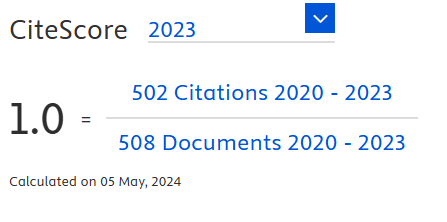A ROBUST DEEP LEARNING APPROACH TO ENHANCE THE ACCURACY OF POMEGRANATE FRUIT DISEASE DETECTION UNDER REAL FIELD CONDITION
DOI:
https://doi.org/10.18006/2021.9(6).863.870Keywords:
Deep Learning, Convolution Neural Network, Pomegranate, Agriculture, Disease ManagementAbstract
Pomegranate fruits are infected by various diseases and pests, which negatively affect food security, productivity, and quality. Recent advancements in deep learning with Convolutional Neural Networks (CNNs) have significantly improved the accuracy of fruit disease detection and classification. The main objective of this investigation is to find the most suitable deep-learning architecture to enhance fruit disease detection and classification accuracy. The current study proposed an efficient deep learning-based approach to detect the most prominent diseases of pomegranate such as bacterial blight, anthracnose, fruit spot, wilt, and fruit borer. For experimentation, a total of 1493 stagewise diseases development images of fruits and leaves are captured via a camera of an interval of 25 days for a total of six months duration. Additionally, extensive data augmentation was performed to increase the dataset, data diversity and to achieve a more robust model for disease detection. For this, the performance of three CNN-based architectures i.e., ResNet50, ResNet18, and Inception-V3 on a real field environment dataset was measured. Experimental results revealed that the proposed CNN-based ResNet50 architecture has effectively detected and classified five different types of diseases whose symptoms are not well defined and with the capability to deal with complex backgrounds. The optimized ResNet50 model achieved 97.92 % test accuracy over ResNet18 (87.5 %) and Inception-V3 (78.75 %) on learning rate 0.001. The multiclass cross-entropy loss function is applied for determining the error rate. To deal with CNN ‘Black Box’ problem Grad-CAM model can be used in the future. The proposed method will help the agricultural industry in detecting the most prominent diseases of pomegranate, which are likely to cause a decrease in productivity, thereby avoiding economic loss.
Downloads
Published
How to Cite
License

This work is licensed under a Creative Commons Attribution-NonCommercial 4.0 International License.












